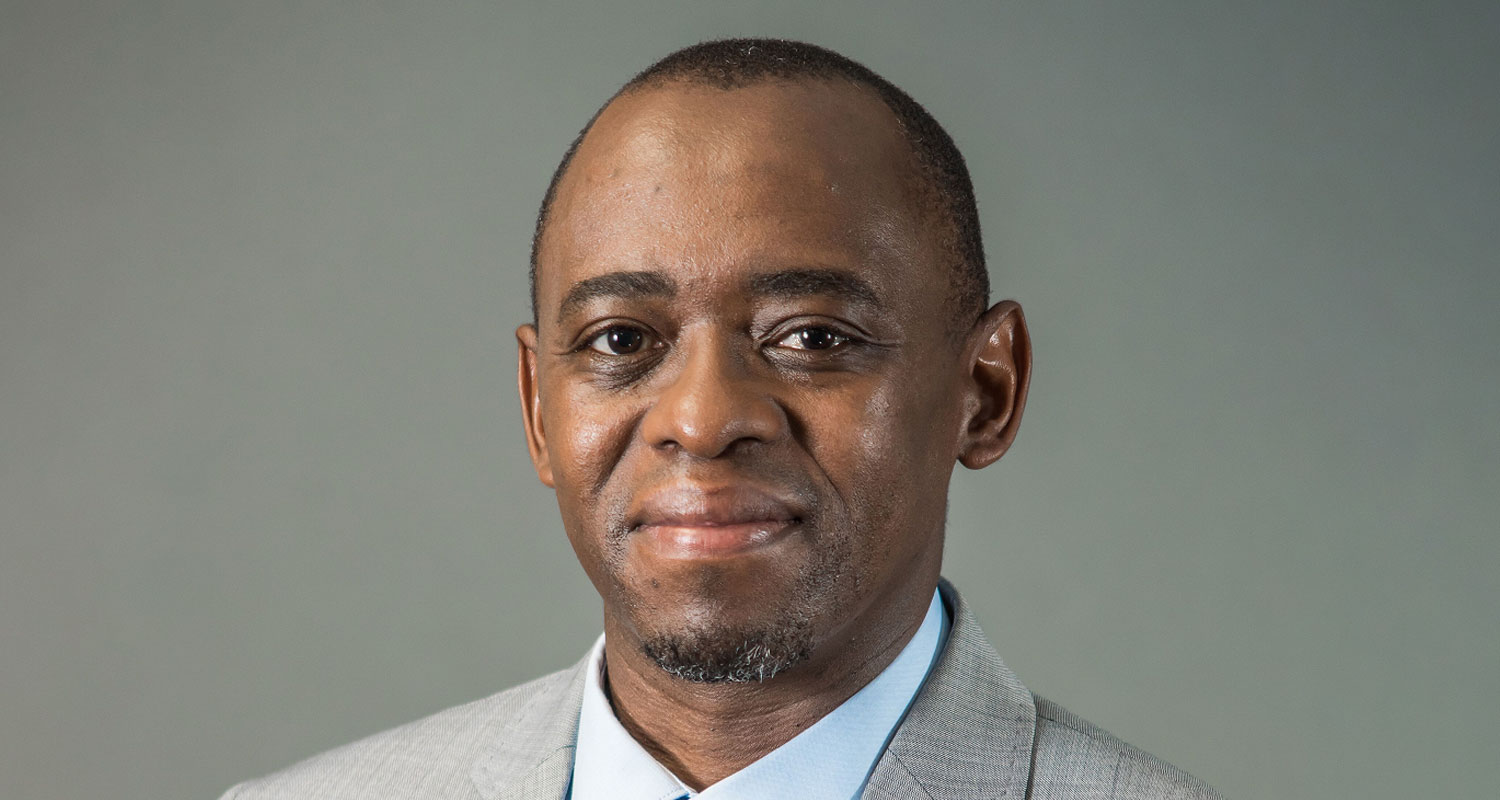
The Council for Scientific and Industrial Research (CSIR) has grown its net profit by 150% since 2019/2020, with strong increases in private sector and international income being examples of the positive effects of the organisation’s strategy through the Covid-19 pandemic.
Dr Thulani Dlamini, CSIR CEO, says it’s all part of the good story that CSIR has to tell in a challenging global market.
“While we are cognisant of the risks in a post Covid-19 world, with rising unemployment levels and increasing poverty, we take comfort in the knowledge that our strategy incorporated the means to mitigate these challenges long before the pandemic.”
Dlamini says the pandemic did increase the level of organisational urgency to scale sooner than anticipated.
To that end, the organisation was able to grow its private sector income to R232.1-million, up from R 175.2-million in 2019/2020, and its international income to R200.8-million, up from R129.5-million in 2019/2020.
There were also increases in the number of licensing agreements, technology demonstrators (technology close to being licensed), localised technologies and joint technology agreements.
CSIR in focus
As an organisation that people have often heard about but where people often don’t understand the mandate of the organisation, Dlamini says the CSIR has a vision to accelerate socioeconomic growth through innovation by collaboratively creating or localising technology as well as providing knowledge solutions for the inclusive advancement of industry and society.
This is done through its goals of:
- Conducting research and development of transformative technologies and accelerating their diffusion.
- Improving the competitiveness of local high-impact industries to support South Africa’s reindustrialisation.
- Driving socioeconomic transformation through research, development and innovation to support the development of a capable state.
- Build and transform human capital and infrastructure.
- Diversify income and maintain financial sustainability and good governance.
“We’ve been able to do this over the last several years, achieving more than 80% of our targets, growing our income and increasing our profitability while improving our B-BBEE score to level 1 in 2021/2022 and achieving clean audits from the auditor-general’s office,” he says.
The CSIR has also performed well in its goal to boost and transform human capital by increasing the number of PhDs, chief researchers and principal researchers in the organisation.
Projects
The CSIR’s annual report details over 50 projects from the year across the industries in which it operates: advanced agriculture and food, chemicals, NextGen health, manufacturing, defence, and security and mining.
The organisation also has industry- and society-enabling clusters, focusing on smart infrastructure, logistics and digitisation.
Dlamini says one of the CSIR’s highlights was the joint project with the department of health to create the country’s National Covid-19 Vaccination Certificate System.
“The development of a national vaccination system heeded the worldwide requirement for countries to provide their citizens with proof of vaccination against Covid-19 to guarantee the integrity of these certificates,” he says.
Another example would be the establishment of the Midlands Technical and Vocational Training College in the Eastern Cape.
The CSIR, in partnership with the merSETA, intends to establish more learning factories at TVET institutes around the country
The college takes the form of a modular and customisable facility that mirrors an industrial operation. Training is offered in various domains including augmented and virtual reality, digital twinning, robotics, human-centred automation, blockchain, artificial intelligence and digital transformation.
“The CSIR, in partnership with the merSETA, intends to establish more learning factories at TVET institutes around the country, with the target of at least two per province,” Dlamini says.
Lastly, the CSIR has partnered with FarmSol Holdings, a South African Breweries partner and agricultural services company that has, to date, seeded 982 emerging farmers across nine provinces, to digitally transform its maize farming extension services using unmanned aerial vehicles (UAVs), satellite technologies and big data analytics.
“This forms part of efforts by the CSIR and stakeholders in the agriculture sector to develop a precision agriculture information system. The goal is to optimise input costs, survey pests and diseases, and improve predict yield,” Dlamini says.
These solutions will help emerging farmers with decision-making in the context of changing environmental conditions that present new challenge for crop health and growth.
The CSIR is open for business
One of the areas where the CSIR did not meet its desired goals in was the acceleration of technology into the market.
“While contract income from our technology exceeded the 2020/2021 level, it was 10% less than what we are aiming for,” Dlamini says.
The CSIR is therefore doubling down on the marketing of its solutions and the ways in which it engages the private and public sector, and Dlamini has sent a clear message of intent to work both locally and intentionally with industry, government, academia and civil society post the pandemic.
“The message that we want the country to hear is that we are open for business, have a very healthy balance sheet and actively want to engage with the various sectors of the economy to grow our country together,” Dlamini says.
About the CSIR
The CSIR, an entity of the ministry of higher education, science & innovation, is one of the leading scientific and technology research, development and implementation organisations in Africa. Constituted by an act of parliament in 1945 as a science council, the CSIR undertakes directed and multidisciplinary research and technological innovation, as well as industrial and scientific development to improve the quality of life of all South Africans.
For more information, visit www.csir.co.za or follow the CSIR on Twitter, Facebook, Instagram, LinkedIn or YouTube.
- This promoted content was paid for by the party concerned




